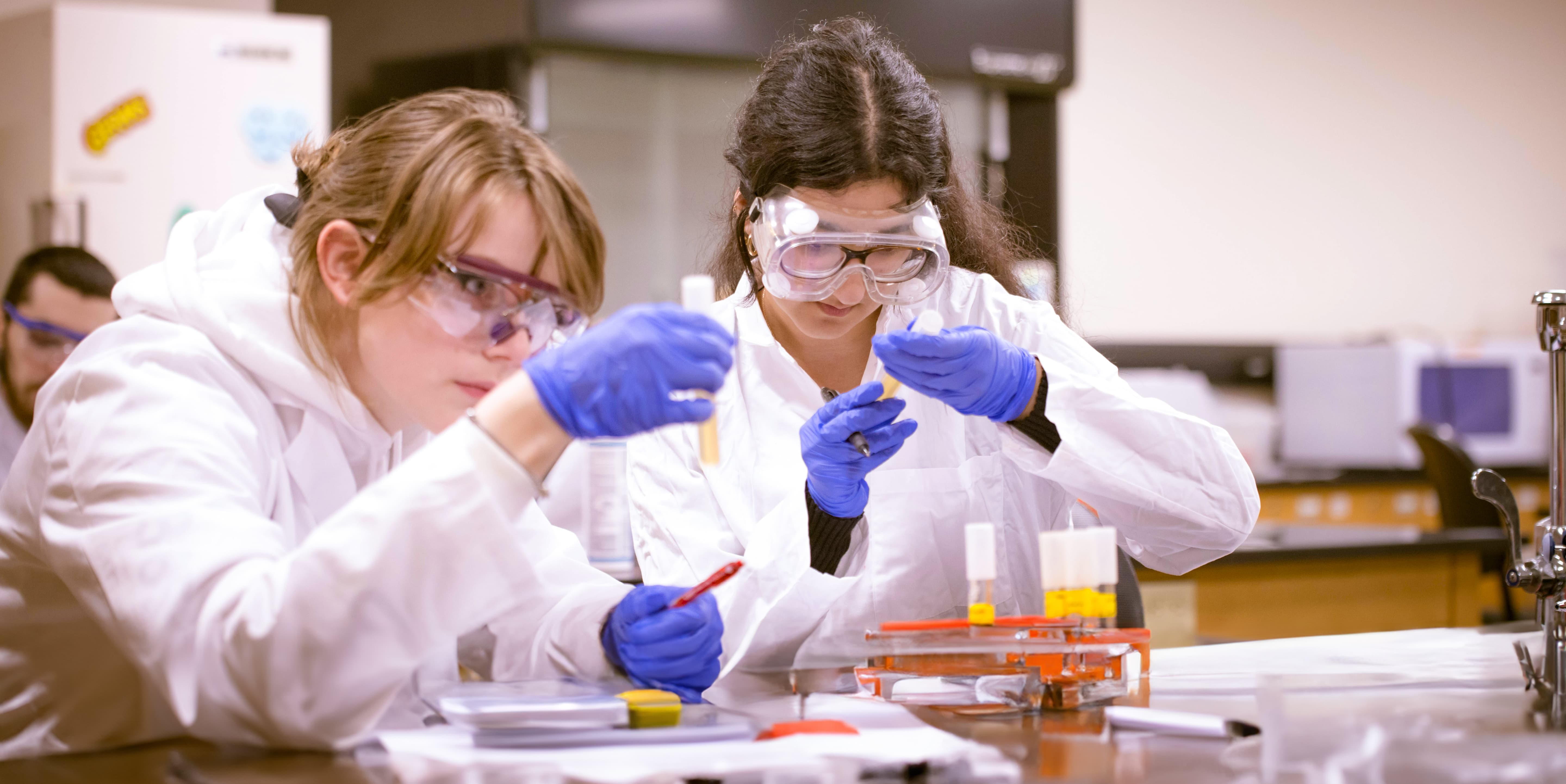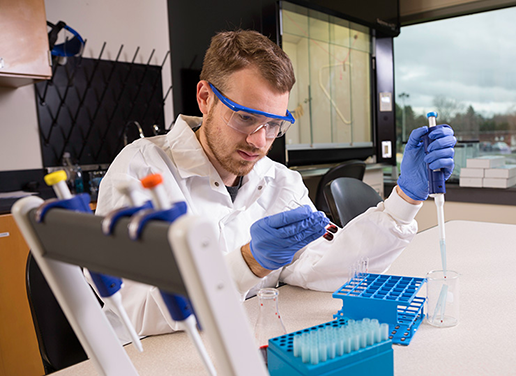Crucial Role in Crime Investigation
Did you know that some of the most important work in criminal justice is carried on behind the scenes in crime labs? Criminal forensic biologists analyze evidence from crime scenes and work hand-in-hand with law enforcement agencies at the local, state, and federal levels. They study the fundamentals of DNA, fingerprints, and other biological evidence to offer assistance in convicting the guilty and exonerating the innocent. You can play a part in this important work as a Forensic Biology major at Western New England University.
Why Choose Forensic Biology?
This fascinating field uses investigative techniques and tools to explore many applications of analyzing biological evidence. Forensic biologists help us to find clues to events that occurred in the recent or distant past. They play an important role in piecing together the clues to give prosecutors the corroborative evidence needed to get criminals off the street. They are also critical in helping us to identify the organic remains that are key to tracing human history through anthropology, the origins and evolution of plant life through botany, or the path of infectious disease outbreaks through pathology or entomology.





